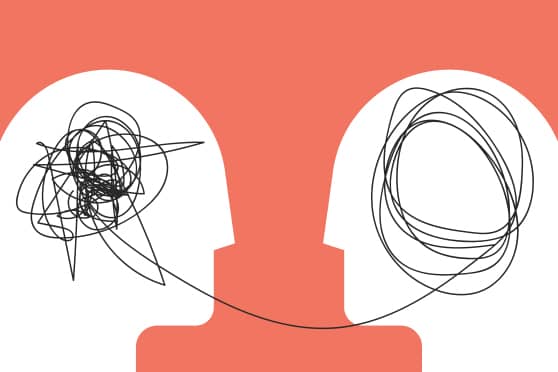Want to help people with their mental well-being? Consider a career in Psychology


It’s time we talk about our mental well-being more openly and no wonder, young people are already leading that conversation on various platforms.
The pandemic has also revealed the acute shortage of mental health professionals, given that more and more people are in need of help and support than ever before.
All of this points to the fact that a career in Psychology is going to be as promising as rewarding in the coming days. If you have been thinking about it, it’s worth exploring your options and what to expect.
What is Psychology
It is the study of human behaviour and mental processes to understand how we think, act and feel. An understanding of
Regarded as a ‘hub science’ (meaning that it is linked with other fields of study), Psychology has strong ties with medical science, social sciences and education.
Difference between Psychologist and Psychiatrist
Job prospects after studying Psychology
Pursuing higher studies in Psychology
Classes XI-XII: Many schools include Psychology in their Plus-Two curriculum. You can take Psychology as a subject in Arts, Science or Commerce streams.
Undergraduate (BA/BSc) degree: You can get either a BA or a BSc degree in Psychology from a UGC-recognised institution. There is no fundamental difference between these degrees. In the undergraduate course, you will learn different aspects of Psychology and can choose your areas of interest for higher studies.
Topics like General Psychology, Clinical Psychology, Social Psychology, Developmental Psychology and Organisational Behaviour are introduced at the undergraduate level, generally, without any specialisation.
Specialisations are usually taught at the postgraduate level. However, some universities, such as MS University Baroda, offer specialisation in one of the branches in the third year of their undergraduate programme.
Admission to BA/BSc programme: The admission process varies from one university to another. In most cases, it is based on admission tests or the grades you’ve got in your Class XII board exams.
Postgraduate (MA/MSc) degree: You can choose your area of specialisation after graduation. Here are some options:
● Clinical Psychology
● Applied Psychology
● Industrial Psychology or Organisational Psychology
● Forensic Psychology
● Educational Psychology
● Developmental Psychology
● Experimental Psychology
● Environmental Psychology
● Crisis Management
How to choose a university
Look at the NAAC scores, faculty members and research publications of the universities of your choice. Go through the official websites of the universities; this will give you a fair idea.
Admission to the postgraduate programmes will be based on entrance exams or your BA/BSc grades. Different universities have different selection criteria.